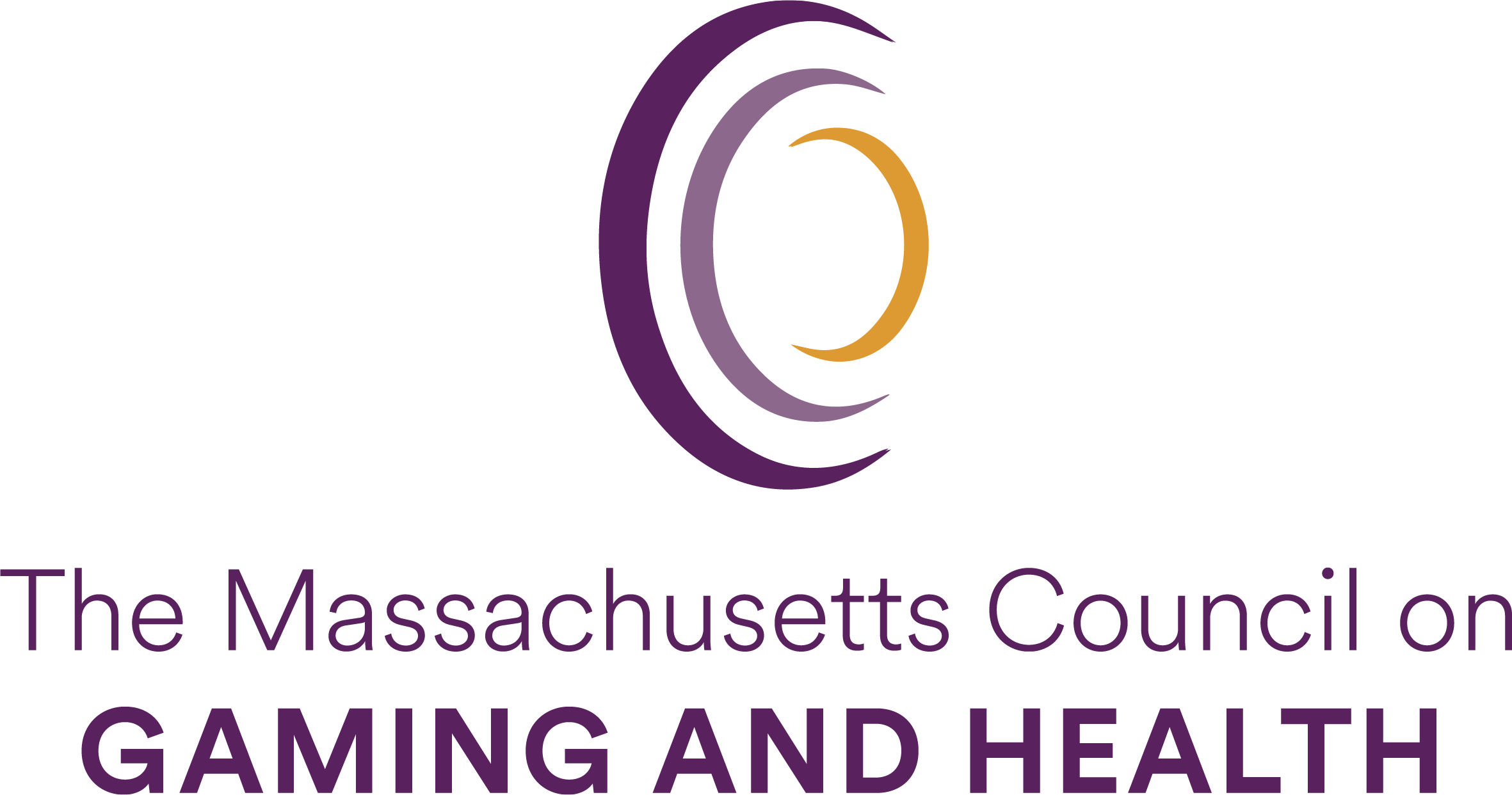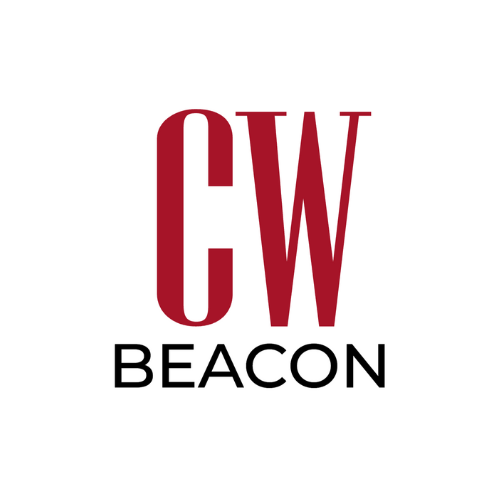by Jodie Nealley,Intervention and Recovery Support Coordinator, and Scott Melissa, Human Resources Director,Massachusetts Council on Compulsive Gambling
The last three recovery themed blogs talked about relapse prevention, maintaining ones recovery and alternative ways to stay in recovery. Another essential tool of long lasting recovery is employment.
Maslow’s hierarchy, seen below, lists employment right above basic physiological humans needs.
Being in recovery is difficult, but having steady, fulfilling work can be a great asset in its maintenance.
David Sacks writes that people whose lives were once dominated by their addiction “could turn around and become a company’s most valuable asset…many corporate executives have discovered that giving recovering addicts a second chance at success is more than charitable outreach to a disadvantaged group; it’s good business.”1
Recovering compulsive gamblers have a particularly difficult time maintaining or finding employment because the nature of the disease can lead to lack of attention to job responsibilities and participation in criminal activities. Additionally, mental health disorders, such as depression, have a high co-occurring rate with a gambling disorder.2
An article in USA today quotes Charles Allen, who estimates about 10% of his clients are out of work or worried about losing their job. That is one reason unemployed adults, and those not working as much as they would like, are twice as likely to be depressed as Americans who are employed full time. The conclusion of a January 1-July 25 survey of more than 100,000 Americans conducted by the Gallup-Healthways Well-Being Index. supports this finding that 16.6% of unemployed Americans are depressed, compared to 5.6% of those who work full time.3
Research also shows that having a job helps boost self-esteem and confidence levels. These are powerful tools to battle depression. Psychotherapist Elizabeth Lombardo says being employed helps you feel wanted and that you’re contributing to your finances…it also gives you social support — “a buffer against depression.”4
Though some studies have shown mixed results on how employment affects those in recovery, one consistent result of employment is that those with it are more self-sufficient. This can help in developing confidence, reducing depression, and increasing the willingness to ask for help.5 It is important when in recovery to secure gainful employment for these reasons. The MA Council on Compulsive Gambling can help provide employment through our The Square One Program.
The Square One Program is a coaching support program that connects individuals with gambling disorders who have lost employment due their gambling, or been involved in the criminal justice system, with referrals to employment and career services. The Square One Program provides an added level of support related to employment, specifically for gambling involved offenders. Some of these resources may offer trainings or employment mechanisms specific to employment, such as the following services that can provide skills trainings in order to be successful, helping individuals support a successful reentry into their community and the workforce.
Examples of these services:
Having a network of employment supports can provide significant motivation needed to find employment. For example, one Square One participant expressed interest in finding a new career path that would not only provide employment but meaningful employment. Compulsive gamblers have often lost jobs in their chosen profession, making the desire for meaningful employment a common situation. For this individual, new career training was required for new employment. The Square One program was able to assist this individual in finding a training program that could be paid for by Mass Rehab. Helping those in need acquire new skills they require for employment and connecting them to potential employers is the main mission of the Square One program.
The Square One program believes that those in recovery make good employees and answers the question “why would a company consider hiring someone in recovery?”
Research suggests that people in addiction recovery are often:
• Highly motivated to work because employment grants the opportunity to get their lives back
• Loyal and committed to the employer willing to give them a chance and help them achieve financial, social, and personal stability
• Less likely to take sick days6
The conclusion and the hope is this: employment – which those suffering from a gambling disorders often need – can lead to increased self-esteem, self-confidence, financial security, and, by mitigating the stress of finances and depression, can aid in maintaining long term recovery.
If you or anyone you know is in need to a helping hand, The Massachusetts Council on Gaming and Health offers a 24/7 Helpline: 1-800-426-1234. You can call us 24-hours a day or use our online chat service at www.masscompulsivegambling.org
Someone will always be there to listen to you and to refer you to resources closest to where you live. For more information about the Square One program, please check out our website: http://www.masscompulsivegambling.org/services/workforce-development/
Remember
Citations:
1 – http://blogs.psychcentral.com/addiction-recovery/2012/03/hiring-employees-in-recovery/
2 – http://www.masscompulsivegambling.org/services/outreach/mental-health/
3 – http://www.usatoday.com/story/money/columnist/kay/2013/08/31/at-work-self-esteem-depression/2736083/
4 – http://www.usatoday.com/story/money/columnist/kay/2013/08/31/at-work-self-esteem-depression/2736083/
5http://www.researchgate.net/publication/51501188_Can_employment_positively_affect_the_recovery_of_people_with_psychiatric_disabilities
6 – http://blogs.psychcentral.com/addiction-recovery/2012/03/hiring-employees-in-recovery/
Web links from this blog
http://blogs.psychcentral.com/addiction-recovery/2012/03/hiring-employees-in-recovery/
http://www.masscompulsivegambling.org/services/outreach/mental-health/
http://www.usatoday.com/story/money/columnist/kay/2013/08/31/at-work-self-esteem-depression/2736083/
http://www.masscompulsivegambling.org/services/workforce-development/
Useful links:
http://www.americainrecovery.org/
http://hirenetwork.org/workforce-professionals
http://www.addictionrecoveryguide.org/beyond/jobs
www.masscompulsivegambling.org
http://www.gamblersanonymous.org/ga/
http://www.bettorsanonymous.org/
http://www.debtorsanonymous.org/
http://compulsivegamblers.gotop100.com/index.php
For Loved Ones
Suggested Books
- Berman, Linda, and Mary Ellen Siegel. Behind the 8-Ball: A Guide for Families of Gamblers.
- New York: Kaleidoscope Software, Inc., 1998.
- Davis, Diane R. Taking Back Your Life: Women and Problem Gambling. Center City, MN: Hazelden, 2009
- Dodes, Lance M. The Heart of Addiction. New York: HarperCollins, 2002
- Lancelot, Marilyn. Gripped by Gambling. AZ: Wheatmark, 2007.
- Lee, Bill. Born to Lose: Memoirs of a Compulsive Gambler. Center City, MN: Hazelden, 5/17/05.
- Shaffer, Howard with Martin, Ryan Kleschinsky, John and Neporent, Liz.
Change Your Gambling, Change Your Life: Strategies for Managing Your Gambling and Improving Your Finances, Relationships, and Health. San Francisco, CA: Jossey-Bass 2012






